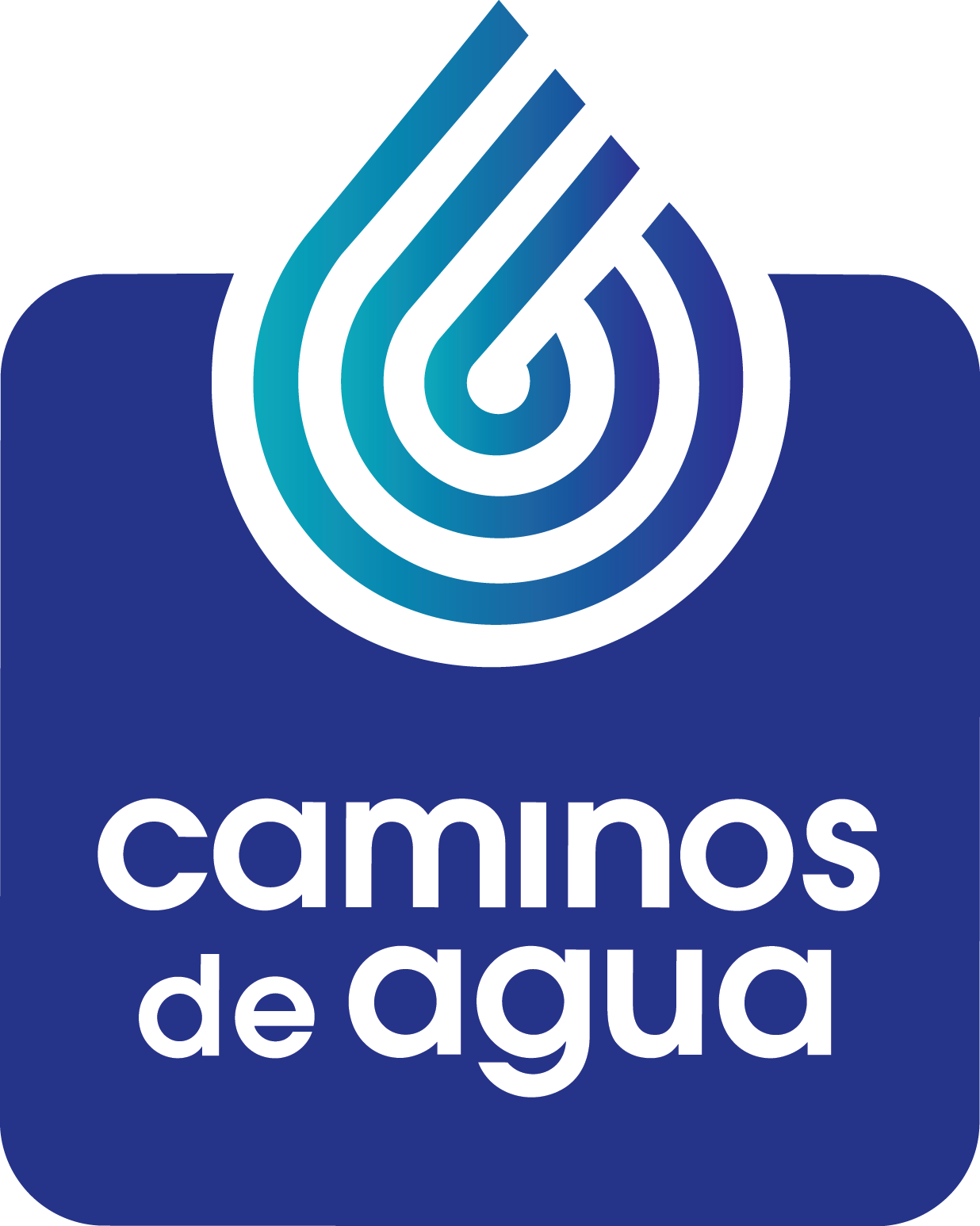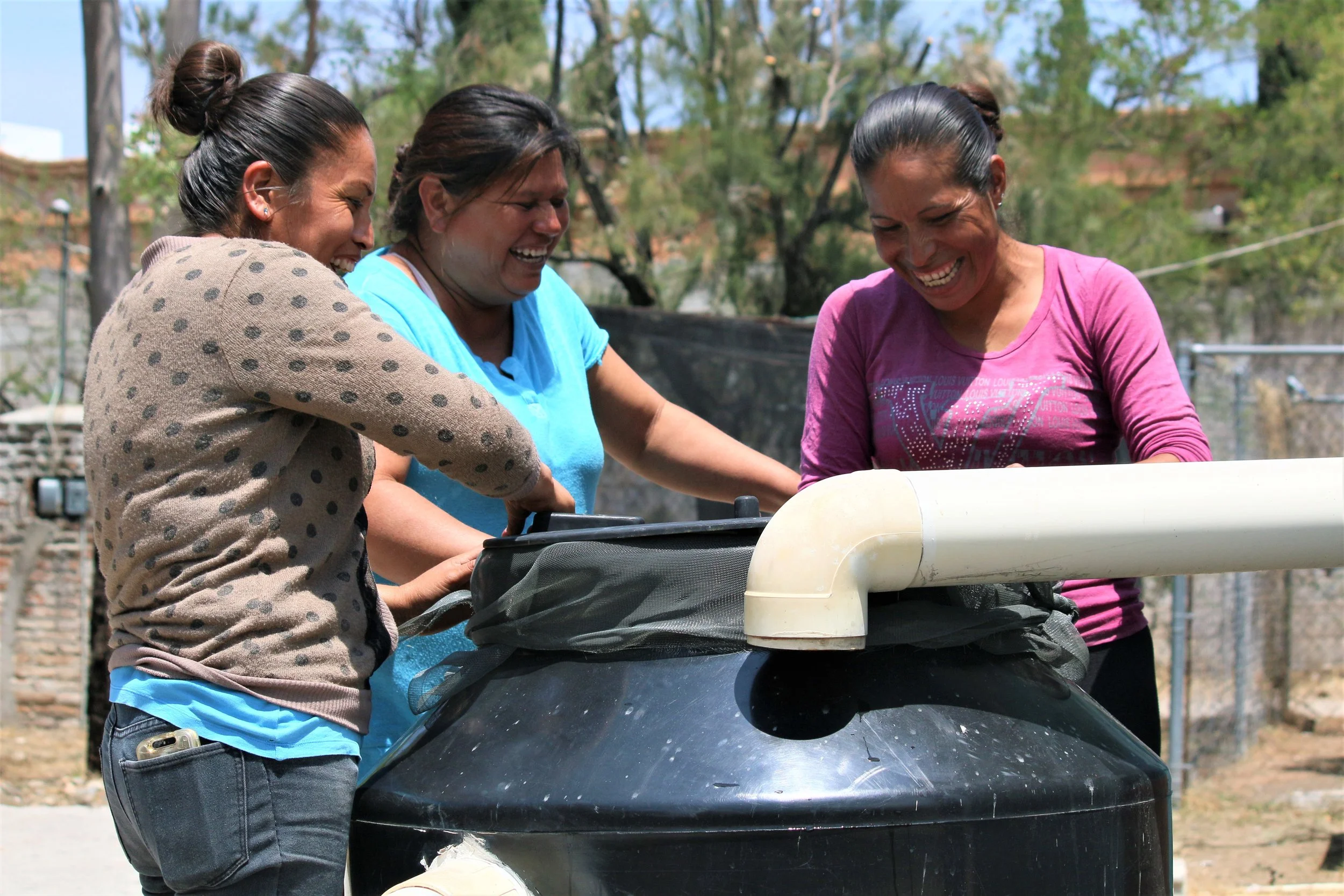July Campaign | Palo Colorado
Their Well Dried Up and Collapsed — Just Fifteen Minutes From San Miguel's Center
If you visit the community of Palo Colorado, you might see some familiar faces. Many of its residents commute to nearby San Miguel de Allende and work hard in restaurants, as clerks in stores, domestic help, building homes, and in other jobs.
So, it’s not at all surprising that Casita Linda, a San Miguel NGO that builds homes for low-income families, selected Palo Colorado as a community to work with. But, as they were constructing new homes with beneficiary families, it became clear to all that both the quantity and quality of water was a major problem.
Casita Linda reached out to Caminos de Agua to determine the severity of the risk and help the community organize to build rainwater harvesting systems for their new homes.
Partnering closely with Casita Linda’s Palo Colorado program beneficiaries, mostly women, we helped build a rainwater harvesting system at the elementary school. This served as a training and skills-building opportunity for the community who provided the manual labor.
With new skills in place and with funding provided by Casita Linda, in 2018 we partnered to build seven household-scale rainwater systems that provide enough clean water for drinking and cooking for an entire year. In 2019, our partnership will build six more.
And not a moment too soon, because while we were building the first systems, the community’s only well dried up and collapsed, leaving Palo Colorado and its nearly 200 families with no source of water, at all, until a new well could be drilled.
Feed the Hungry, another local NGO, runs a kitchen in the community that provides lunches at Palo Colorado’s kindergarten and elementary schools. After we detected concerning levels of arsenic in the new community well, it became clear that preparing healthy meals for young children with contaminated water, or serving that water along with nutritious food, just didn’t fit with their mission. So, Feed the Hungry has worked closely with us, and has invested substantially, in keeping the school’s rainwater harvesting system up and running.
The situation in Palo Colorado is improving – but overall conditions are only getting worse and action is needed now.
There are more than 680,000 people who depend on the Alto Rio Laja Aquifer for their drinking water, including the entire municipality of San Miguel Allende. The explosive growth of the export agricultural industry shows no sign of slowing, causing our water table to drop faster, introducing higher concentrations of arsenic and fluoride, and creating greater health risks for all of us. While the levels of contamination may vary by area, all are at risk of exposure to arsenic, fluoride, and decreasing water tables.
When you support Caminos de Agua, you are helping communities most at risk, and you are also making it possible for us to continually test drinking water throughout the aquifer, track contamination levels, create a database available to everyone, educate the public, develop new solutions, and work with government across a wide range of initiatives.

